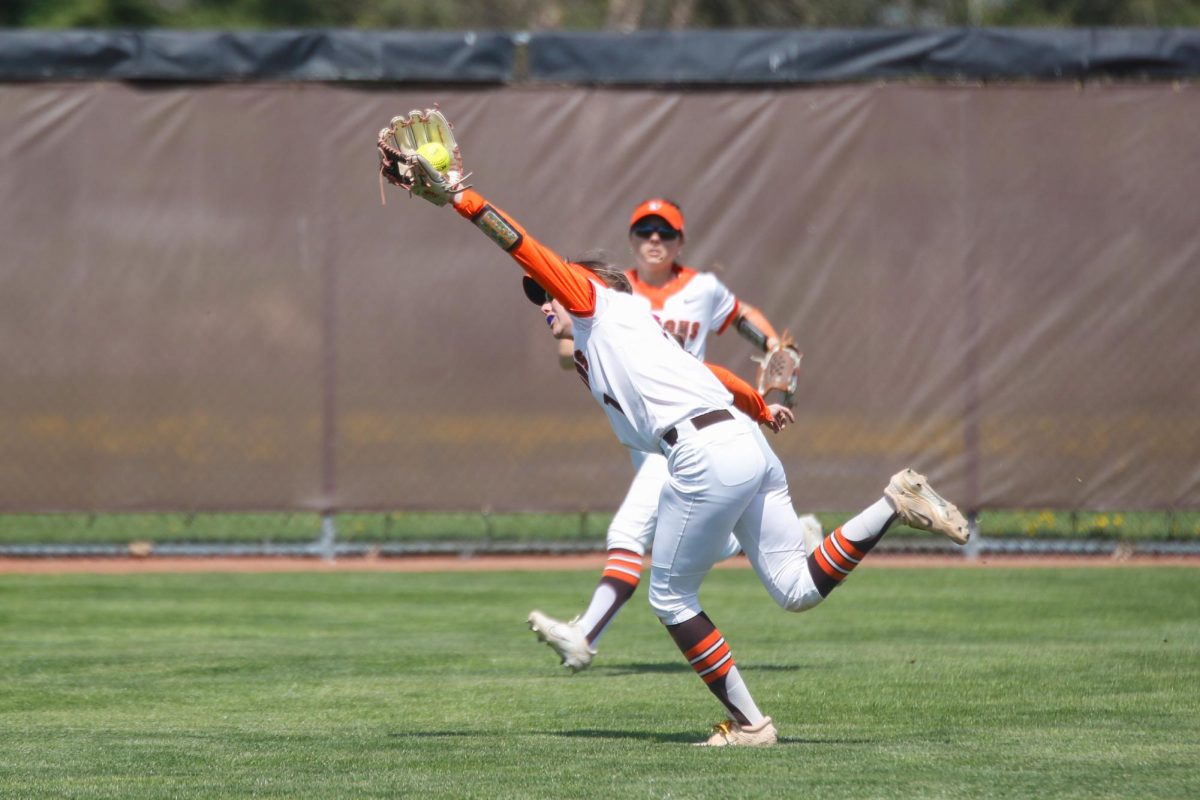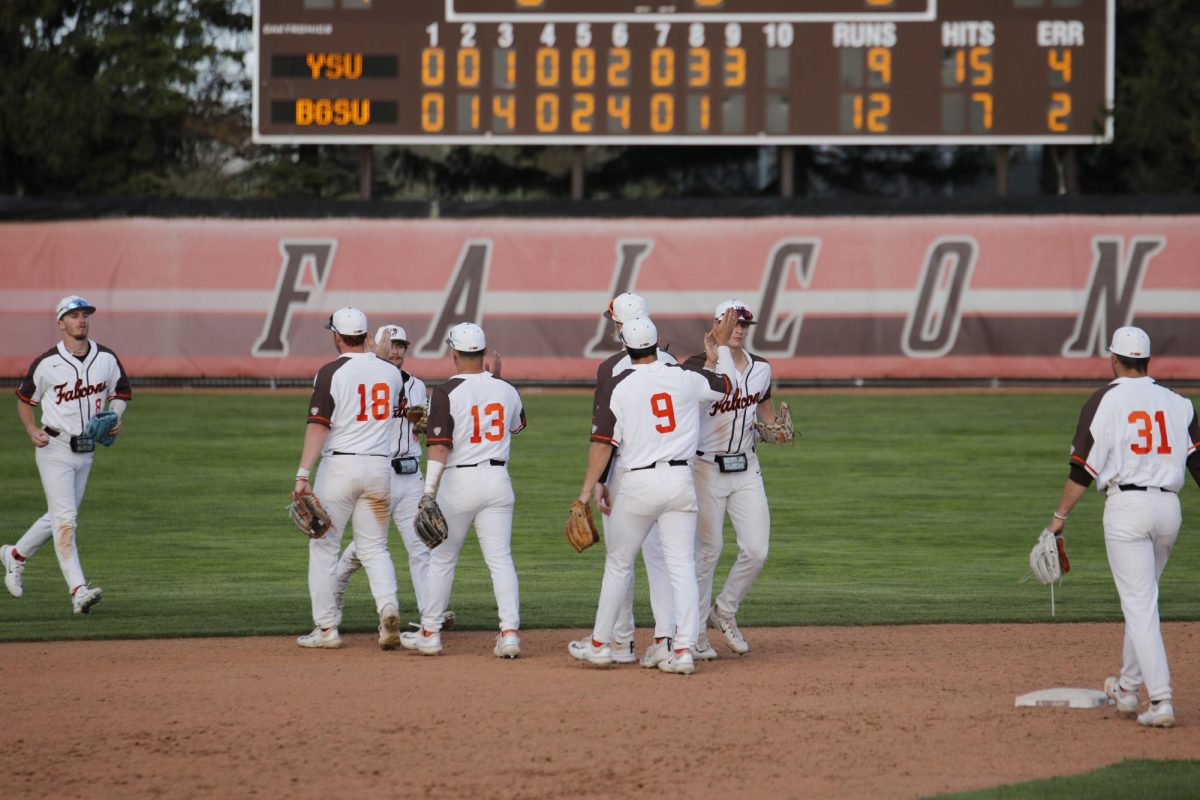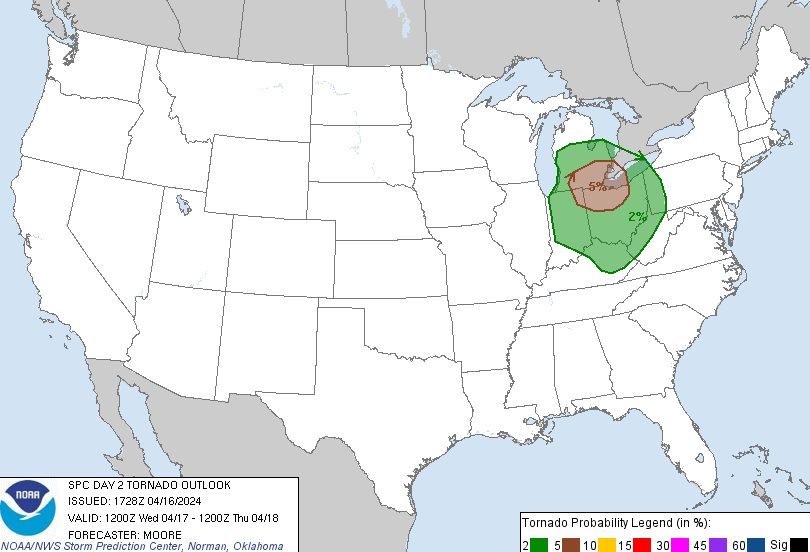Recently leaked footage of the 2007 killing of 11 people and the wounding of two children in Baghdad by a U.S. Army Gunship crew is alarming and brutal. But war is always alarming and brutal. The actions of soldiers sent to a war, trained to react with brutality to any opposition, is just that.
We should never blame a soldier for carrying out his or her assignment “lawfully” in combat. Our soldiers on the ground were taking fire from a variety of locations in that neighborhood. We have a strategy of responding with overwhelming force, predicated on keeping our casualties down and the other side’s high.
I am not going to criticize our soldiers for reacting and carrying out their duties in accordance with their training; that is their only guarantee for survival and getting on that freedom bird headed for home at the end of the tour. We should look at the larger issue. What about the impact on these soldiers who thought they were acting on the best motivations to keep their comrades from being attacked and afterward learned the brutal truth?
The leak was a good thing; the video should be shown in every classroom to every student. Because it is the day-to-day experience our troops face as they wait for the calendar to run out on this tour in that theater. Short time calendars are a common thing, the symbolism of counting the days, hours, minutes and seconds of time left in a foreign country. They spoke volumes about that war; 12 months and then back to the world.
In this war without end, our sons and daughters are faced with the idea of repetitive tours, two or more for sure; some are on their third, fourth or fifth. How does it set in their minds, making it through one 15-month tour knowing they will be in the shit again a second or even third time? Does the thought of the inequity of this system ever bother them?
We have succeeded in commodifying patriotism by putting a price on it, offering large cash bonuses and educational incentives to enlistees which allows the other 99 percent of the population to salve their consciences by saying, “Well, you volunteered.” It is very common for people, when they find out you are veteran, to say, “Thank you for your service.”
When I was growing up, in the military and afterward, this was never done. Serving was part of being a citizen. It was part of our learned experience. I don’t want to be thanked.
I remember when my friends and I would talk about where we stood with the draft, which of us was going for their induction physical and who was being inducted. Most of us eventually enlisted because we were the sons of those who had fought in WW II, and had been told it was the right thing to do, to carry our fair share of the burden. War was a constant companion of working class youths; we were the grease that kept the green machine moving.
It is because of this experience I would not trade for anything that I hate “war,” and know it does not work. But when are we going to learn that lesson? How many have to die?
I look at my younger students, who do not have any of the pressure earlier generations felt in other wars. They are only preoccupied with getting a piece of paper that shows they have some skill sets and are trainable.
Most are not thinking about anything beyond getting a job, making money and acquiring “things.” The fact that other young people their age are in some hellhole, “fighting not for our freedoms, but for the lives of their comrades next to them,” probably does not pass through their minds. Even if it does, it is in the context of the dog-eat-dog culture we have become: “Better them than me.”
I look at my rosters each semester, seeing the names of students who never attend class, who will, after awhile, fall to the wayside. If this was my war, those jokers would be standing tall, getting an attitude adjustment from a drill sergeant, after missing one semester, let alone “semesters.”
Then, I think about another student who volunteered to go to Kuwait to pave roads, but is going to Afghanistan to operate a vehicle that jams signals to immobilize IEDs.
That is the real irony of age. What was once relevant and true is no longer either, nor is it important.
Respond to Pat at [email protected]
















